Storytelling as Resistance
Storytelling has always been an integral part of Indigenous cultures, serving as a means of passing down knowledge, preserving history, and connecting communities. However, storytelling goes beyond its cultural significance, it becomes a powerful tool for resistance and social change.
Indigenous stories hold immense power because they reflect the lived experiences, wisdom, and collective memory of a community. Every Indigenous community is different from the next. These narratives encompass not only historical events but also personal journeys, struggles, triumphs, victories, and laughs. By sharing these stories, Indigenous peoples assert their existence, challenge stereotypes, and reclaim their voices in a world that has often silenced them.
Indigenous storytelling serves as a counter-narrative to the pervasive stereotypes and misrepresentations that have plagued Indigenous communities for centuries. Through film, literature, visual arts, and digital media, Indigenous storytellers dismantle stereotypes and provide authentic portrayals of their cultures, traditions, and contemporary realities. By sharing diverse and nuanced narratives, they challenge mainstream media's limited and often distorted portrayals of Indigenous peoples.
Indigenous narratives provide a platform for marginalized voices within Indigenous communities. They shed light on issues such as land rights, environmental degradation, cultural appropriation, social inequality, and the ongoing effects of colonization. By amplifying these voices, storytelling becomes a means to center and empower those who have been historically marginalized, providing an opportunity for healing, empowerment, and advocacy.
Indigenous narratives have the power to ignite social change and inspire collective action. They draw attention to systemic injustices, raise awareness about pressing issues, and mobilize communities towards meaningful change. Through media campaigns, documentaries, and grassroots initiatives, Indigenous storytellers become agents of transformation, challenging oppressive structures and advocating for social, cultural, and environmental justice.
Indigenous storytelling is a form of resistance. By sharing their stories, Indigenous storytellers transcend boundaries, amplify marginalized voices, and forge connections that promote understanding and reconciliation. As we listen to and honor Indigenous narratives, we contribute to a more inclusive and equitable world, one where the power of storytelling as resistance paves the way for the original storytellers to finally be respected for the centuries worth of stories they have upheld from their ancestors.

